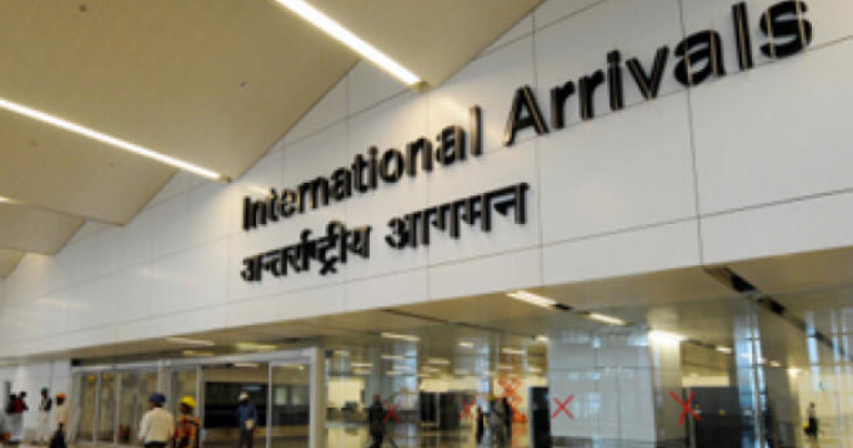E-gates to ease immigration for arriving international passengers at 21 airports

In a groundbreaking initiative aimed at enhancing amenities for Indian nationals and Overseas Citizen of India (OCI) cardholders, Union Home Minister Amit Shah inaugurated the Fast Track Immigration — Trusted Traveller Programme (FTI-TTP) at Terminal-3 of Indira Gandhi International Airport in New Delhi. This programme aims to simplify and secure international travel by providing world-class immigration facilities through an accelerated immigration pathway utilizing automated e-gates.
During the inauguration, Home Minister Amit Shah emphasized that the facility will be available free of cost for all passengers. This initiative is designed to offer faster, smoother, and safer immigration clearance for international travellers by minimizing human intervention through the use of e-gates or automated border gates.
The FTI-TTP will be rolled out in two phases. In the initial phase, Indian citizens and OCI cardholders will benefit from this facility, while the second phase will extend these services to foreign travellers. The programme will be launched at 21 major airports across India. Initially, it will be implemented at eight major airports, including Delhi, Mumbai, Chennai, Kolkata, Bengaluru, Hyderabad, Kochi, and Ahmedabad.
The Bureau of Immigration will serve as the nodal agency for this programme, which will be implemented through an online portal. The process is straightforward and involves several steps to ensure a seamless experience for travellers.
First, applicants must register online on the portal by providing their details and required documents. After necessary verification, a White List of 'Trusted Travellers' will be generated and integrated into the e-gates system. The biometrics of these 'Trusted Travellers' will be captured either at the Foreigners Regional Registration Office (FRRO) or during their passage through the airport.
The registration for the Trusted Traveller Programme will be valid until the passport expires or for five years, whichever comes first, and it can be renewed thereafter. When a registered passenger arrives at the e-gates, they will scan their boarding pass issued by the airline, allowing the system to retrieve their flight details. The passenger's passport will also be scanned, and their biometrics will be authenticated at the e-gates. Once the passenger's identity is verified and biometric authentication is completed, the e-gate will automatically open, and immigration clearance will be deemed granted.
The introduction of e-gates at Indian airports marks a significant advancement in the country's immigration process. The programme aims to reduce wait times, enhance security, and provide a more efficient and user-friendly experience for travellers. This initiative is part of the broader efforts to modernize India's infrastructure and align with global standards in travel and security.
The benefits of the FTI-TTP are manifold. For passengers, it means quicker and more convenient immigration clearance. For the immigration authorities, it means improved efficiency and better allocation of resources. The use of advanced technology in the form of biometrics and automated gates ensures a high level of security, reducing the risk of human error or fraudulent activities.
The first phase of the programme, which covers Indian citizens and OCI cardholders, is expected to set the stage for a broader rollout. The inclusion of foreign travellers in the second phase will further enhance India's reputation as a forward-thinking nation in terms of travel and immigration.
The FTI-TTP also reflects India's commitment to embracing digital solutions and leveraging technology to improve public services. By simplifying the immigration process and making it more efficient, India aims to provide a more welcoming experience for international travellers, thereby boosting tourism and international business travel.
In conclusion, the Fast Track Immigration — Trusted Traveller Programme represents a significant leap forward for India's immigration infrastructure. With the implementation of e-gates at 21 major airports, Indian nationals, OCI cardholders, and eventually foreign travellers will benefit from faster, safer, and more efficient immigration clearance. This initiative not only enhances the travel experience but also underscores India's dedication to modernizing its services and adopting cutting-edge technology. As the programme expands, it is poised to make a substantial positive impact on the country's travel and tourism sectors.
By: Sahiba Suri





Comments